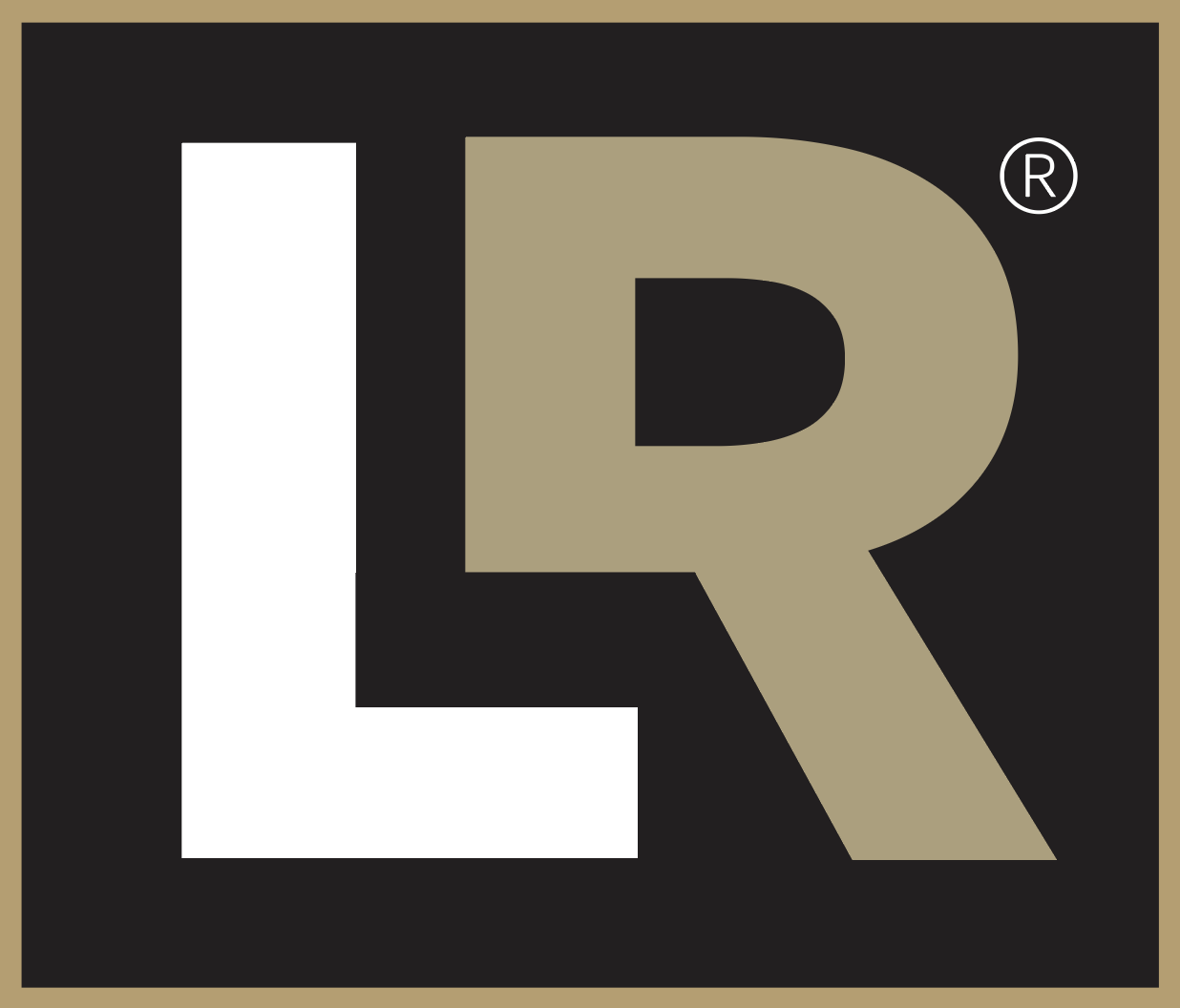The Future of Education: Challenges for Online Learning

The Future of Education: Challenges for Online Learning
The rapid evolution of online learning is causing a significant shift in education. And as educational institutions, online platforms, and educators adjust to this new virtual reality, they face various challenges, particularly in the legal domain.Understanding and taking care of these issues is crucial to the successful development and operation of online learning.Data privacy and securityOne of the most pressing legal challenges in online learning revolves around data privacy and security. Online learning platforms collect large amounts of student data, including personal information, academic records, and behavioral data. Legal obligations dictate that this information must be handled carefully to protect student privacy and prevent data breaches.Regulations governing data protection can be intricate and vary widely. Compliance demands a robust understanding of these laws and the implementation of best practices such as data encryption, secure data storage, and stringent access controls. Regular audits and risk assessments can further boost data security measures and ensure ongoing compliance.Intellectual property rightsIntellectual property (IP) rights present another complex legal challenge in online learning. Copyright rules frequently apply to course materials, videos, photographs, and other assets used in online learning. To use copyrighted content in their classes, educational institutions and educators must guarantee they have the relevant permits.Fair use policies often allow for using copyrighted materials for educational purposes, but these policies are not universal and can be open to interpretation. Understanding and adhering to IP rights and fair use policies is crucial to avoid legal disputes and promote ethical practices in online education.Accessibility complianceIn the shift towards online education, ensuring accessibility for all learners is a legal and ethical requirement. Laws mandate that online learning platforms and materials are accessible to students with disabilities, ensuring equal opportunities for all learners.Compliance with these regulations requires making course materials available in multiple formats, providing closed captioning for videos, and ensuring websites and platforms are navigable using assistive technologies. Meeting these standards fulfills legal requirements and fosters inclusivity in online learning environments.Student rights and responsibilitiesStudents in online learning environments have certain rights and responsibilities, and upholding these are legally necessary. These include academic integrity, respect for IP rights, adherence to codes of conduct, and respecting the privacy of others.Educational institutions must communicate these rights and responsibilities to students and implement mechanisms to address violations. This might involve developing policies around plagiarism, cheating, and online etiquette and setting up systems for reporting and addressing misconduct.Considerations for educational institutions and educatorsEducational and online tutoring institutions and educators face legal challenges when transitioning to online learning. These include contractual obligations with faculty and staff, liability issues related to course content, and regulations around student enrollment and fees.Understanding these legal aspects and developing comprehensive policies can help institutions mitigate risks and ensure smooth operations. Regular training for educators can further ensure compliance and foster a culture of legal awareness and responsibility.Online learning opportunities
 Photo by Andrea Piacquadio from Pexels
Photo by Andrea Piacquadio from Pexels

About Luke Fitzpatrick
Luke Fitzpatrick has been published in Forbes, Yahoo! News and Influencive. He is also a guest lecturer at the University of Sydney, lecturing in Cross-Cultural Management and the Pre-MBA Program. You can connect with him on LinkedIn.
